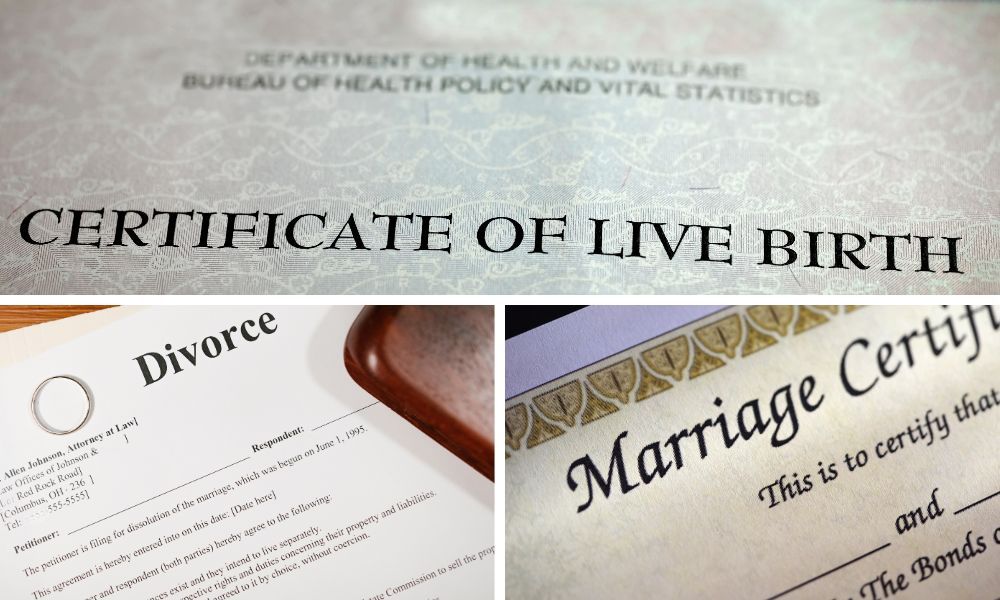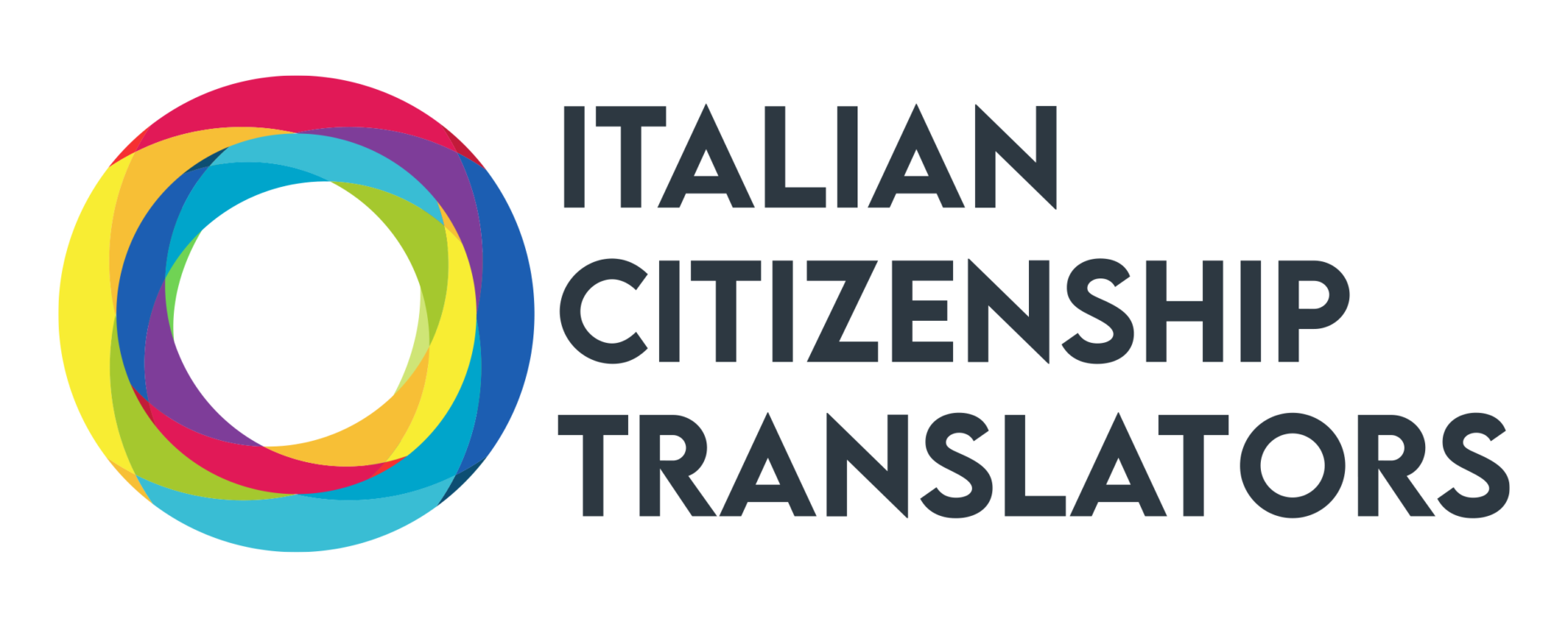
What Documents Need to be Translated When Applying for Italian Citizenship?
The translation of documents and vital records is fundamental in the Italian citizenship application process, and a successful outcome will depend on the accuracy of the translation of your documents into Italian. This feature will explore what documents need to be translated as part of an application for Italian citizenship and will also highlight the importance of hiring a professional translator to ensure that the translations are accurate and meet the requirements needed to make an application.
What are the documents that need to be translated into Italian?
The documents required will vary depending on the type of application you are making, either citizenship by descent, marriage, or residency. However vital records such as birth and marriage certificates must always be provided. These vital records must be translated, and possibly also court judgments for a name change or marriage dissolution. It is likely you will need to retrieve documents from Italy relating to your Italian-born ancestor, and from other countries where your ancestors were born, married, divorced, and died.
What is the apostille?
The apostille is the legalization given to a document, certifying it to be used in another country. It is similar to a notarization, but an apostille is recognized internationally. For example, in the United States, apostilles are issued by the office of the Secretary of State for state-issued documents or the Department of State in Washington, DC for documents issued by the federal government. An apostille is how a country attests to the validity of the document, meaning it does not need to be recertified in another country.
In a citizenship application, all foreign documents must have an apostille, and the foreign-language documents must be translated into Italian. However, in most cases, the apostilles themselves do not require a translation.
Italian citizenship by descent applications
If you are applying for Italian citizenship by descent (jure sanguinis), your birth certificate, as well as the vital records (birth, marriage, death and divorce) of the individuals in your Italian lineage will need to be submitted. All of these vital records issued from outside of Italy in foreign languages will require a translation.
Italian citizenship applications through marriage
If applying through marriage (iure matrimonii), you will need to submit a copy of your marriage certificate that has been registered in Italy, and also a B1 language proficiency certificate. In addition to this, you will need a certified copy of your birth certificate, criminal record check certificates, and your Italian spouse’s ID card. Evidence of payment of the application fee, such as a bank transfer from your payment to the Ministero dell’Interno, must also be provided. All foreign documents, including criminal background checks, will require an apostille and translation into Italian.
Italian citizenship applications through naturalization
Italian citizenship applications through naturalization must provide evidence the applicant has met the minimum residency requirement. For non-EU citizens, the applicant needs to have at least 10 years of legal residency in Italy, and for EU citizens the number of years of legal residency required is 4 years. There are exemptions to this rule, for example for individuals whose parents or grandparents were Italians by birth, in which case the number of years of legal residency required 3 years; the same applies to individuals who were born in Italy as non-Italian citizens. As with an application via marriage, applications made by naturalization also need a B1 language proficiency certificate. Also, any foreign languae documents will require translation into Italian, such as your foreign birth certificate.
Are there any documents that do not need to be translated?
All records issued in the Italian language do not require translation. In most cases, when applying through the Italian consulate, the naturalization records of your Italian-born ancestor do not require a translation.
When do you need a sworn translation for a citizenship by descent application?
While the requirements differ across Italian consulates abroad, many require certified translations by a sworn translator. With that said, always refer to the relevant consulate’s website to avoid issues and delays.
Documents that are submitted as part of an application in an Italian municipality require a sworn translation. This also applies when petitioning the Italian courts with a citizenship lawsuit case. In both of these instances, all documents need to be translated into Italian, including the naturalization records of your Italian-born ancestors.
In respect of a court case (1948 case), the documents to be translated include apostilles, non-Italian documents, and their Italian translations, as well as the sworn statement. The judicial officer is then responsible for authenticating the translator’s statement by adding signatures and revenue stamps to the translations.
Sworn translations (traduzioni giurate or traduzioni asseverate) are conducted by translators registered in an official list held by the court, whose translations can be authenticated before an Italian court official. The process entails the sworn translator attesting to the authenticity and accuracy of the records before the relevant Italian body. The court official then affirms the declaration and signature of the translator, which then gives legal value to the translations. Vital records that are authenticated this way can also be used at Italian consulates.
Importance of hiring an accredited translator
Having the expertise of a qualified, experienced, and accredited translation professional is essential. Also, having a native Italian speaker translate your documents is vital to ensure the documents have been translated accurately and meet Italian citizenship rules. The translator accepts ethical and legal responsibility when translating documents and testifies to their accuracy. Furthermore, translators are not allowed to amend your documents through their translation, whether that be anglicizing names or correcting misspellings.
On what basis can documents be rejected?
Your documents may be deemed inadmissible if you submit a copy rather than the original of the documents requested. They may also be rejected if you have not used an accredited, certified translation service. A further reason that may result in the rejection of your application is if your documents have an inadequate translation. Translations must be accurate, clear, and of high quality in order to meet the threshold for eligibility. Therefore, using an accredited professional from a reputable translation service is essential.
This segment has outlined what documents need to be translated into Italian as part of an Italian citizenship application, as well as addressed why it is important to utilize the services of a qualified translator professional and service.
If you would like more information about the translation services we offer, please contact us directly and one of our expert advisors will be in touch to answer your queries.
